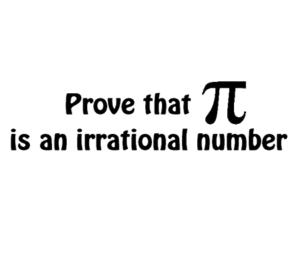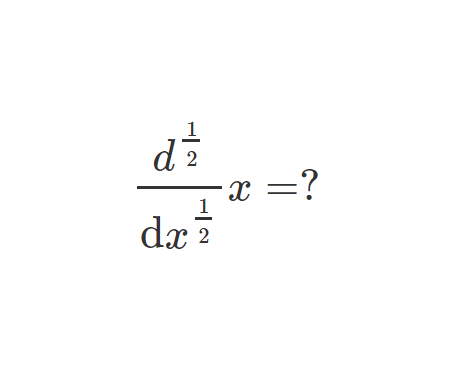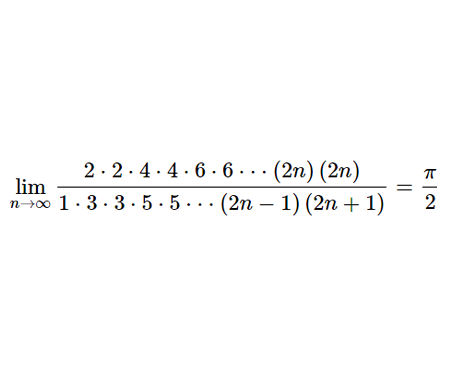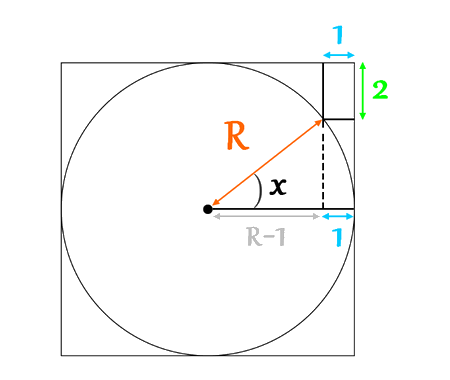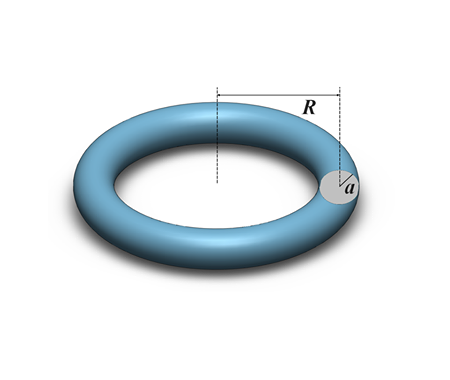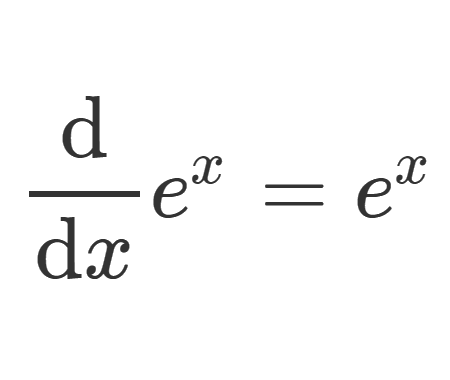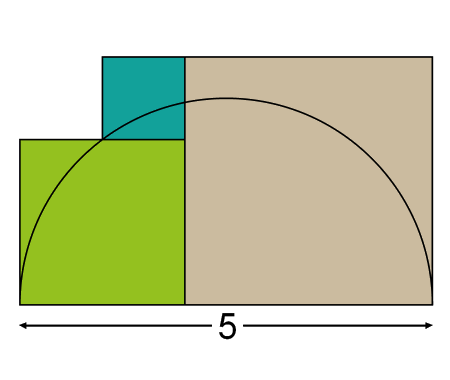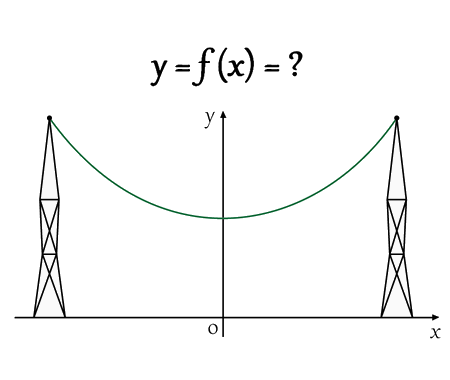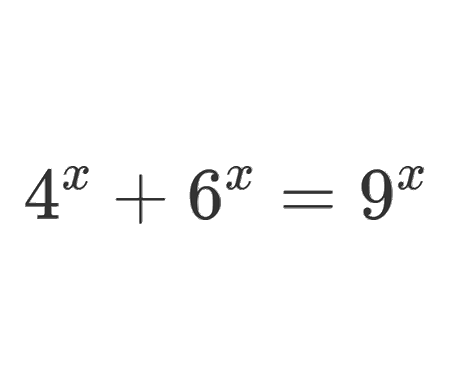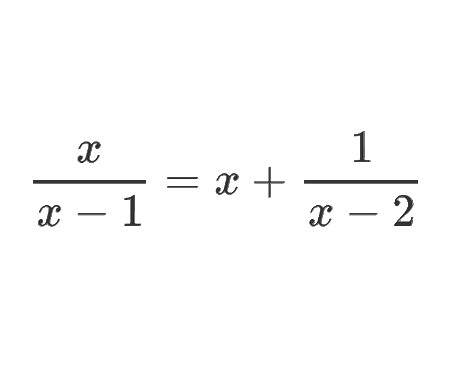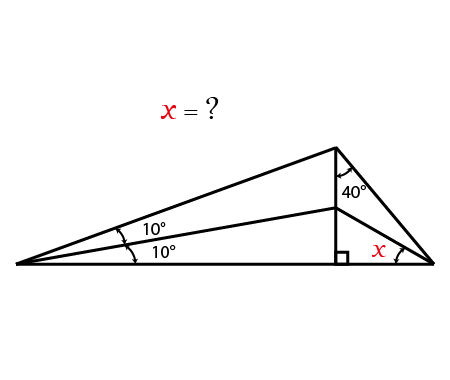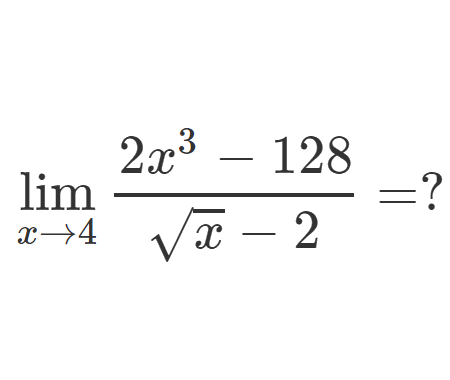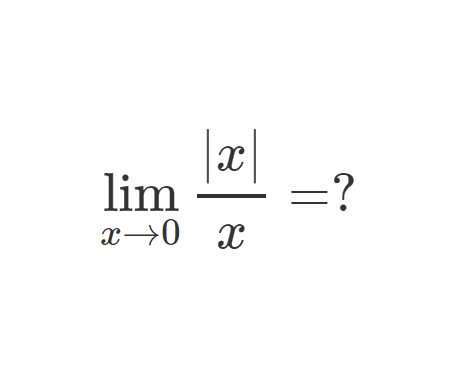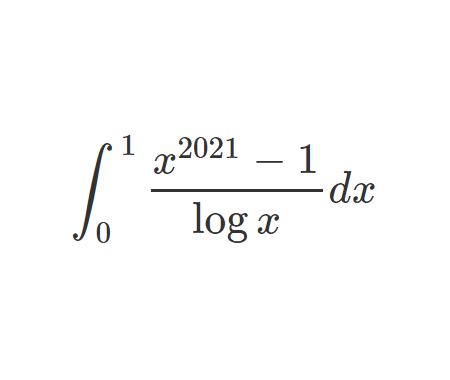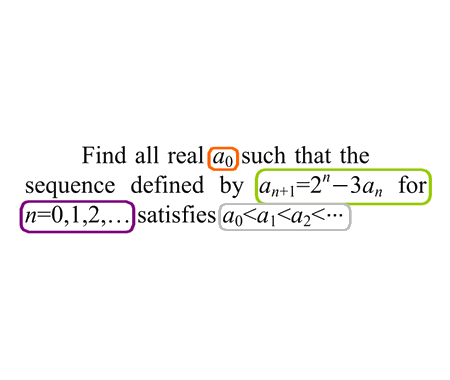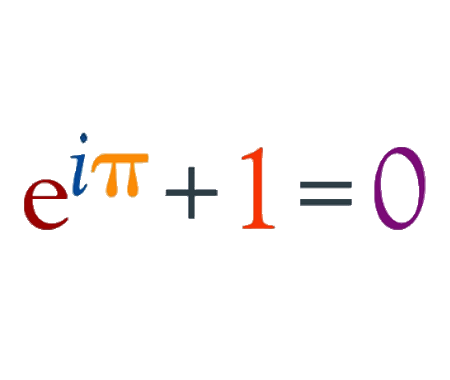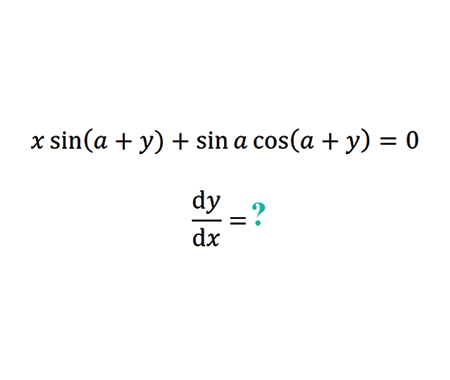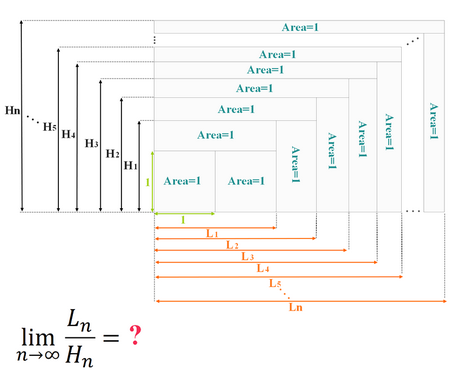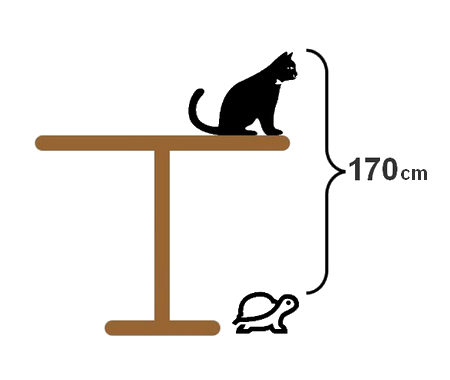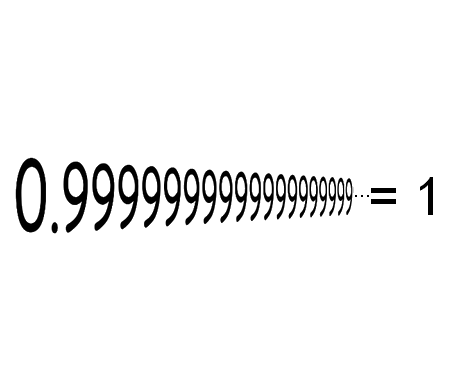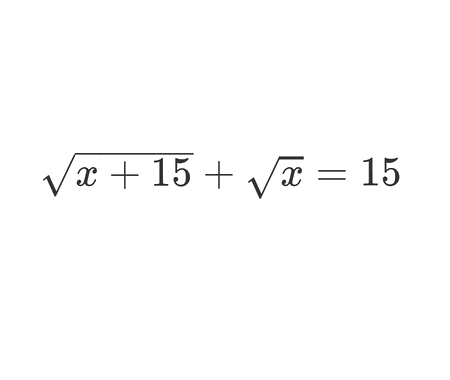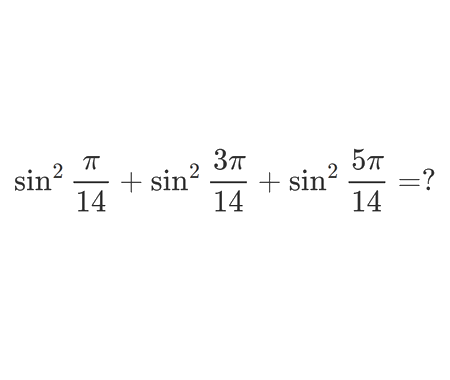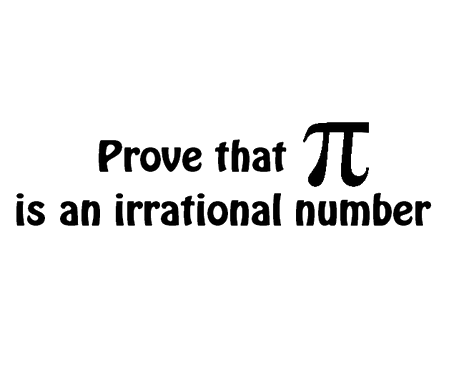Home -> Solved problems -> pi irrational number
Is \(\pi\) an irrational number ?
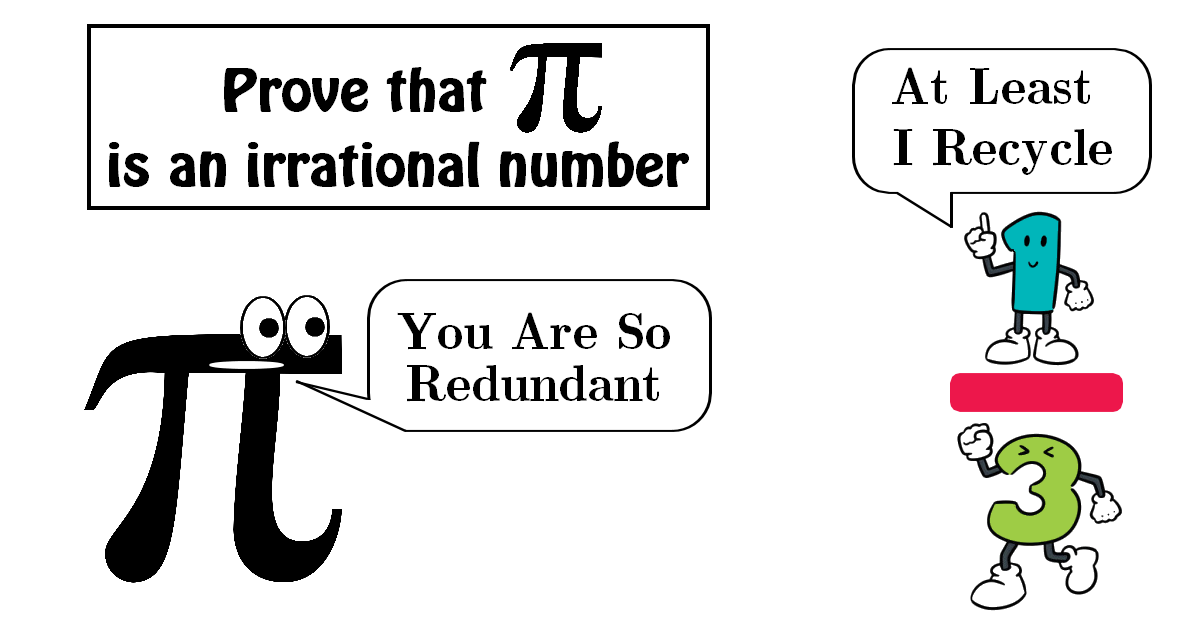
Solution
Let \(\pi=a/b\), the quotient of two positive coprime integers. Let’s define the polynomials \[f(x)=\frac{x^{n}(a-b x)^{n}}{n !}\] and \[F(x)=f(x)-f^{(2)}(x)+f^{(4)}(x)-\cdots+(-1)^{n} f^{(2 n)}(x)\] We will specify the positive integer \(n\) later. \(n ! f(x)\) has integral coefficients and it is a function of \(x\) of degree no fewer than \(n\), \(f(x)\) and its derivatives \(f^{(i)}(x)\) have integral values for \(x=0\) and also for \(x=\pi=\frac{a}{b}\), since \(f(x)=f(\frac{a}{b}-x)\). Considering elementary calculus we have
\[\frac{d}{d x}\left\{F^{\prime}(x) \sin x-F(x) \cos x\right\}=F^{\prime \prime}(x) \sin x+F(x) \sin x=f(x) \sin x\] and \[ \int_{0}^{\pi} f(x) \sin x d x=\left[F^{\prime}(x) \sin x-F(x) \cos x\right]_{0}^{\pi}=F(\pi)+F(0)\;\;\;\;\;\;\;\text { (1) }\] We have \(F(\pi)+F(0)\) is an integer, since \(f^{(i)}(\pi)\) and \(f^{(i)}(0)\) are integers. However for \(0<x<\pi\), \[0<f(x) \sin x<\frac{\pi^{n} a^{n}}{n !}\] The integral in \(\text { (1) }\) is positive, but arbitrarily small for sufficiently large \(n\) . Therefore \(\text { (1) }\) is false, consequently \[\large \pi \text { is an irrational number }\]
Home -> Solved problems -> pi irrational number
Related Topics
Home -> Solved problems -> pi irrational number
Share the solution: pi irrational number
